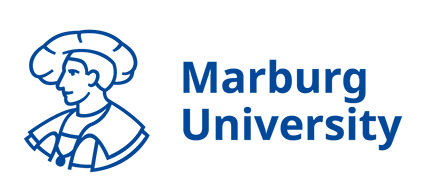Main Content
Felix Willmund
With the display of the video I declare that I consent to the data transfer to YouTube. Further information in the Data Protection Declaration .
With the display of the video I consent to the data transfer to YouTube. Data Protection Declaration .
Global warming with its increased frequency of severe weather scenarios is a tremendous challenge for photosynthetically active microorganism and their communities. For example, increased water temperatures of lakes lead to severe threats to phytoplankton communities and a remarkable loss of biodiversity. In our lab, we use molecular approaches to study the regulation of chloroplast protein biosynthesis during acclimation. In M4C, we focus on the biogenesis and assembly of the photosynthetic machinery during stress response and develop novel tools to exploit chloroplast gene-expression for synthetic biology.
Research Focus:
Microbes as Responders; Microbes providing Solutions
Key Publication(s):
Trösch R, Ries F, Westrich LD, Gao Y, Herkt, C, Hoppstädter J, Heck-Roth J, Mustas M, Scheuring D, Choquet Y, Räschle M, *Zoschke R, *Willmund F. Fast and global reorganization of the chloroplast protein biogenesis network during heat acclimation. The Plant Cell 2022, 34:1075-1099. doi: 10.1093/plcell/koab317
Trösch R, Barahimipour R, Gao Y, Badillo Corona JA, Gotsmann VL, Zimmer D, Mühlhaus T, *Zoschke R, *Willmund F. Commonalities and differences of chloroplast translation in a green alga and land plants. Nature Plants 2018 4:564-575. doi: 10.1038/s41477-018-0211-0
For more information, please visit:
www.uni-marburg.de/en/fb17/disciplines/molecular-plant-physiology/group-felix-willmund


